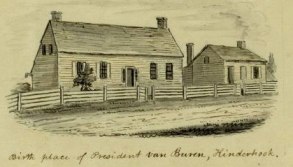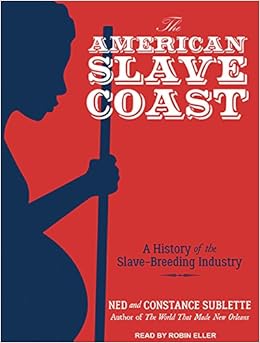WINNER OF THE COSTA FIRST NOVEL AWARD
WINNER OF THE RSL ONDAATJE PRIZE
WINNER OF THE DESMOND ELLIOTT PRIZE
NAMED “NOVEL OF THE YEAR” BY THE UK’S SUNDAY TIMES
I should have liked Golden Hill better than I did, it having so much of my stuff in it, from colonial NYC, politics, class, finance, race, slavery. Not to mention that there is more than a little modeling of the novel from the famed 18th century fictions of Fielding, and the set piece illos of Hogarth.
However, the stumbling block for this reader was that Tabitha, an obligatory female interest - conflict was unnecessarily unpleasant, mean and nasty, though very smart and competent. Why was capable, talented Tabitha such a bitch, hmmm? Just so she can be the narrator decades after the adventures, regretting and opining upon the events of the in her early life when this stranger, Mr. Smith, from London shows up in York (not yet called 'New' York, but York City) with an order that he be paid a thousand pounds in cash (cash hardly exists in the colonies, even among merchants and money changers). The author's choice entirely, to make her mean. It's his imagination. Argh. There is a twist, of course, for the picaresque Mr. Smith, which I shall not reveal -- despite me not necessarily buying into it. Again, this is all the author's choices, which feel arbitrary, not imaginative. But maybe this is just me.
. . . . Golden Hill made a whole six novels read last month, more fiction than in a long time. I do confess, however, that more nights than not while reading Golden Hill I put it down in favor of my re-read of amigo Ted Widmer's biography, Martin Van Buren (2003) (my goodness, I just recall it was either July or August 2003 when we attended the publication party for it on the upper West Side, and our hosts' daughter was not able to partake of the festivities, but had to stay mostly in her room, having been discovered recently infected with Lyme Disease), from The American Presidents Series, General Ed., Arthud M. Schlesinger, Jr.
 |
| Martin Van Buren's birthplace. 1782, outside Kinderhood, NY. |
The astonishing life of Mr. Van Buren, born to a Dutch family in New York, in the middle of the War for Independence, the first President of the United States not to have ever been a British subject, really happened, and ultimately felt so much more interesting than those fictional figures of an imaginary "old New York."
. . . . In the meantime, in the midst of mind-boggling cascades of derangement out of D.C. and across the country, we were informed that the audio CD package of The American Slave Coast: A History of the Slave-breeding Industry, had not only earned out, but earned royalties! Boggled again, but this time in a good way. It was only made about a year ago, and out some time after that. As it is not inexpensive and it's a lot of hours, one rather presumes these were mostly library sales?




No comments:
Post a Comment